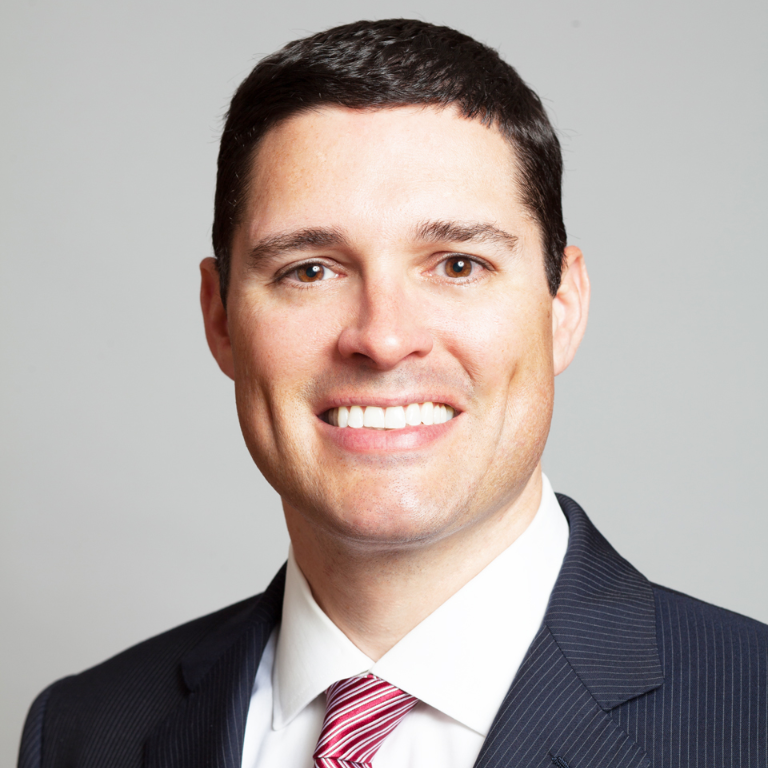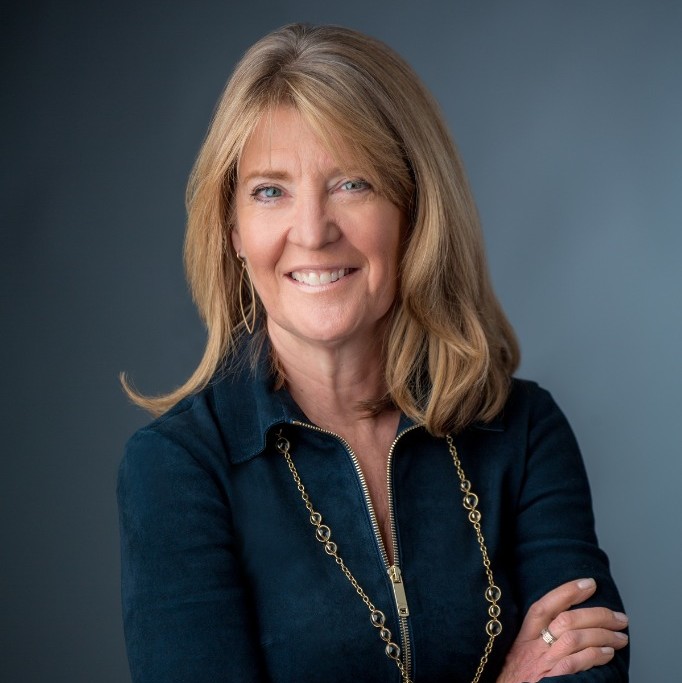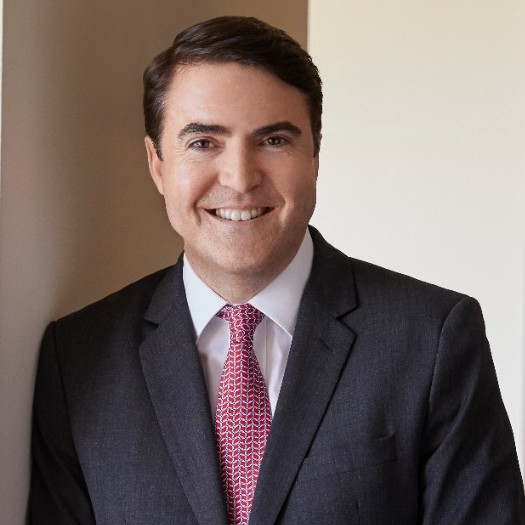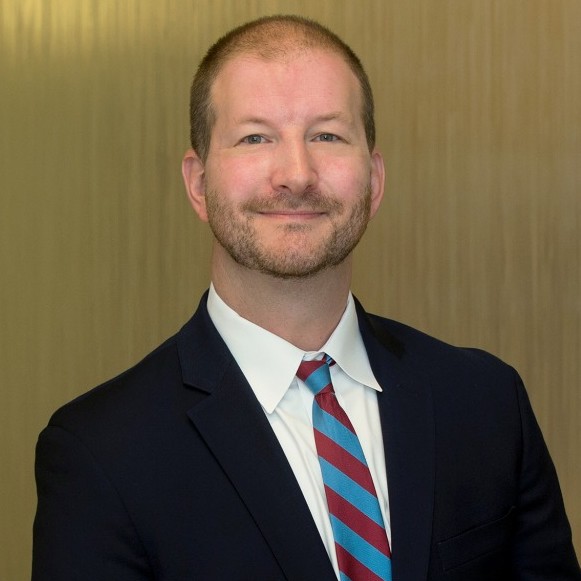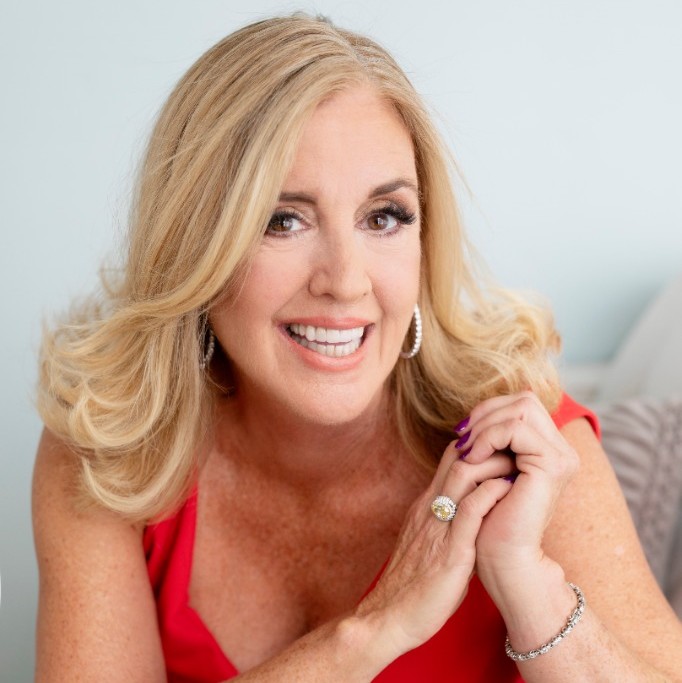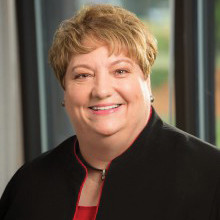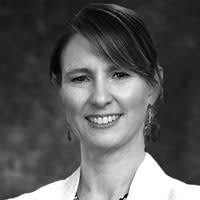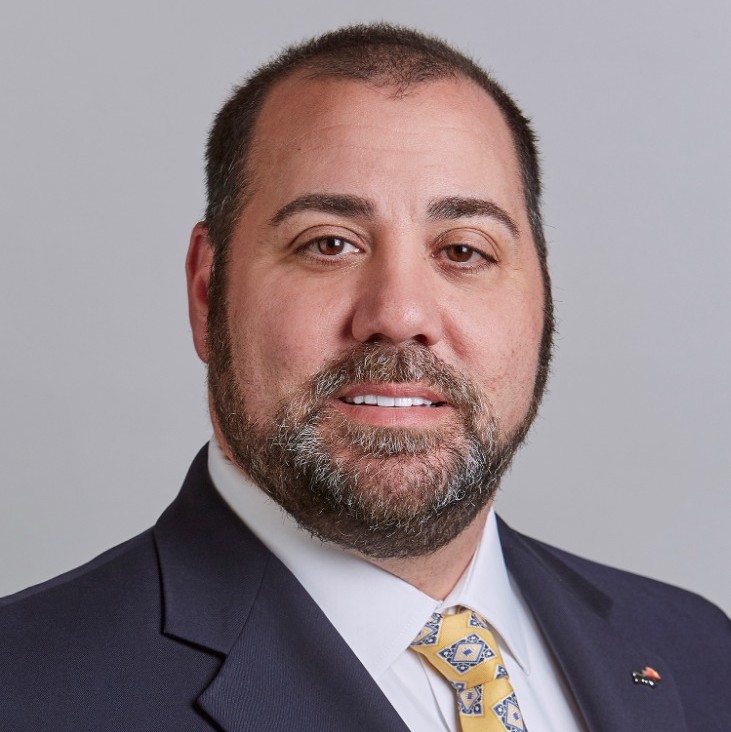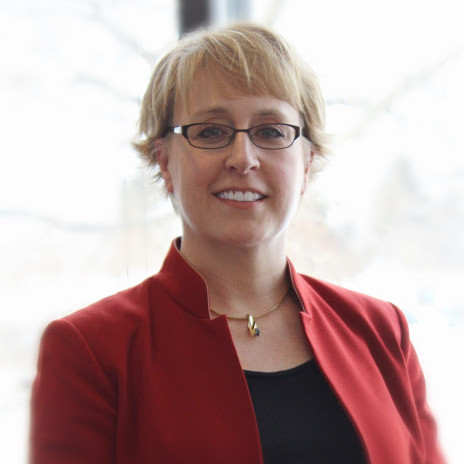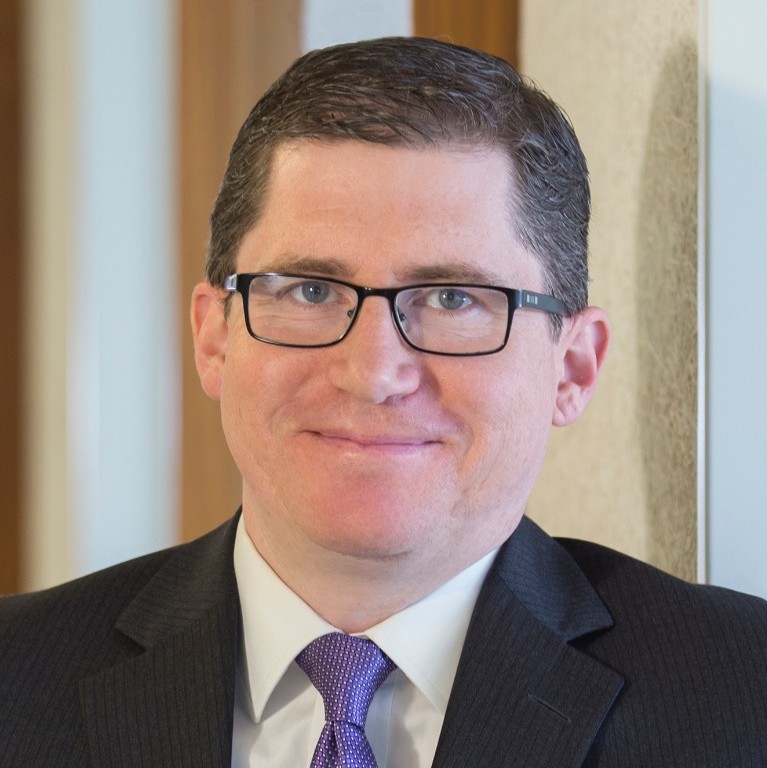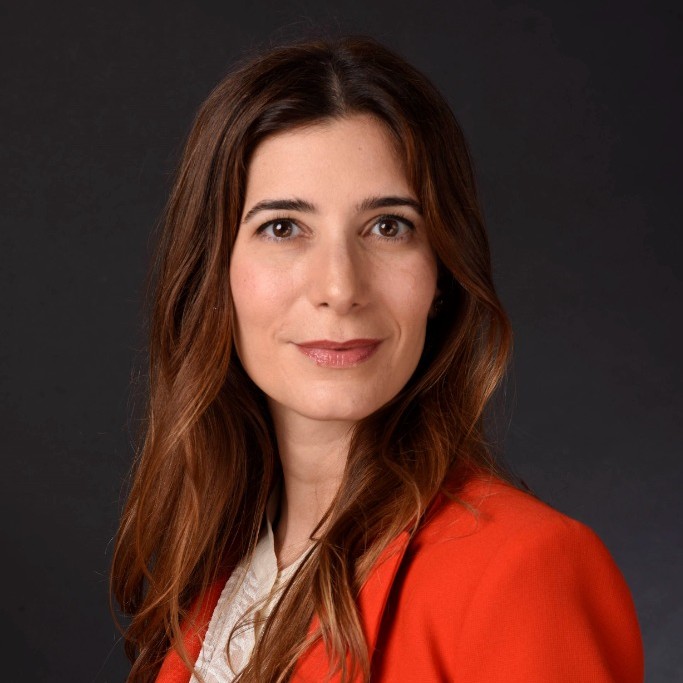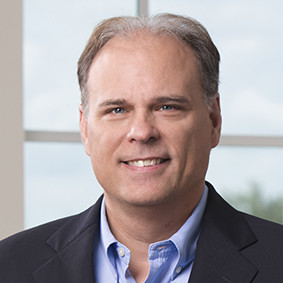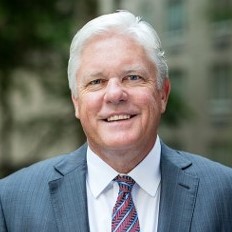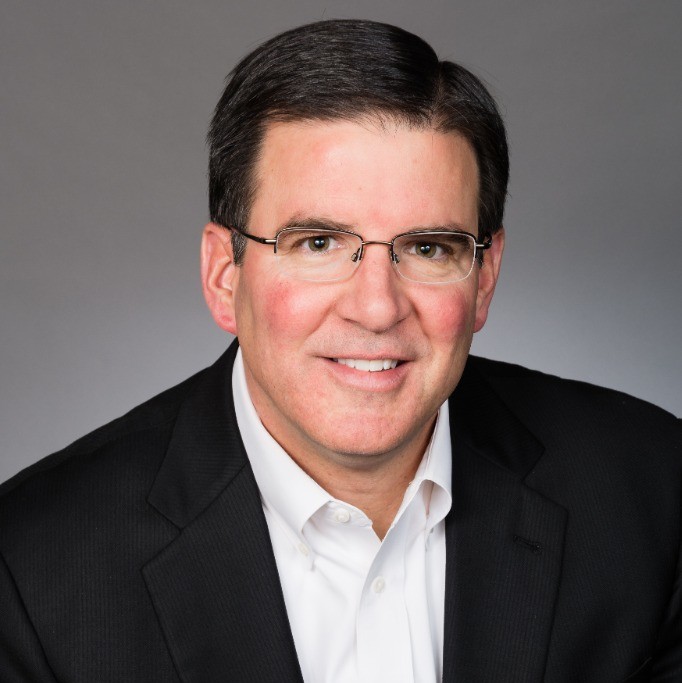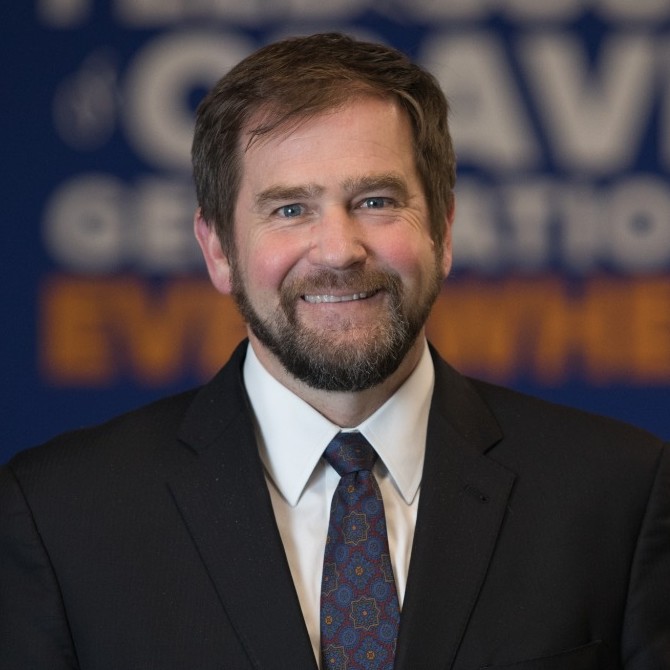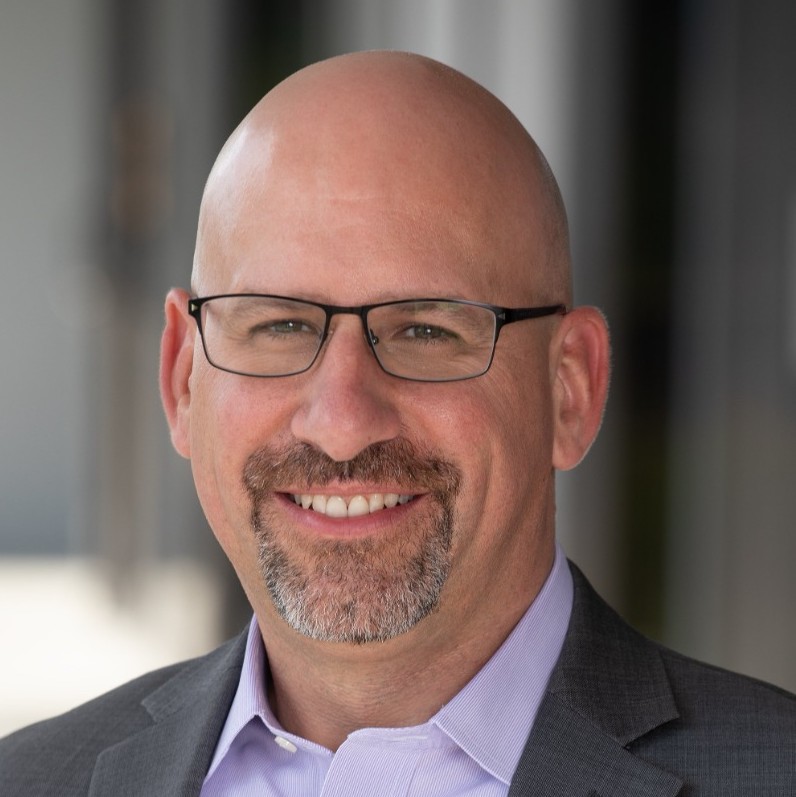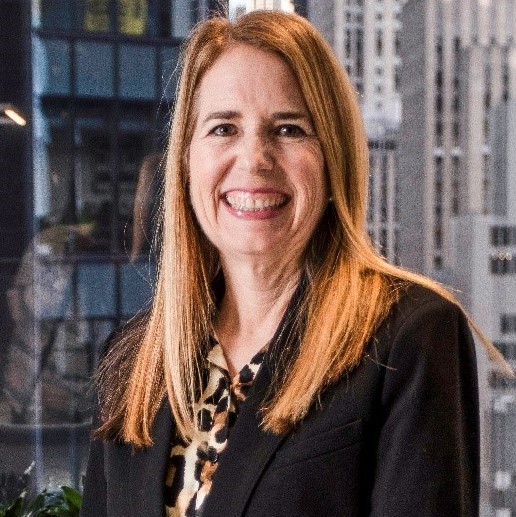Please feel free to browse our pre-recorded videos and other pre-conference materials or set up your 1:1 meetings prior to the start of our event.
Conference Introduction and Keynote Address with Jason Ingle, 5th generation family member of the Ford family.
Please note: You can ask questions anytime during the presentation by using the Q&A box. Questions will be marked as “waiting for review.” We will get to as many questions as possible.
If you prefer, you can minimize the Q&A window.
Shifts in the economy, a new openness to working remotely and growing demand for diversity and inclusion in executive and board positions have resulted in a need to rethink business strategies. What are the most productive ways for business families to discuss and address these issues? Panelists will describe how their families have responded to the shifts.
Please note: You can ask questions anytime during the presentation by using the Q&A box. Questions will be marked as “waiting for review.” We will get to as many questions as possible.
If you prefer, you can minimize the Q&A window.
Tweens, teens and college students shouldn’t just be relegated to the kids’ table at family meetings. If they are to develop into engaged and responsible family business stewards, they must be given opportunities to participate in age-appropriate educational programming. Fun activities also must be designed to give young cousins a chance to bond. This session will provide suggestions on meeting programming to engage the younger set.
Bad blood between two family branches can last for generations, hindering the parties’ ability to reach agreement on key issues. A reputation a family member acquired as a child (“the flaky one,” “the rebel,” etc.) can persist into adulthood, despite that person’s accomplishments in the ensuing years. Situations like this can harm the family business. This session will explore strategies for moving beyond them.
Planning for the financial future of your family enterprise requires you to envision how the family might grow and evolve. How many family members might there be a few generations out? Should stepchildren, unmarried partners, etc. be included in the definition of “family”? Does your family need a prenuptial agreement policy? Panelists will describe the frameworks they used to address these questions.
Please note: You can ask questions anytime during the presentation by using the Q&A box. Questions will be marked as “waiting for review.” We will get to as many questions as possible.
If you prefer, you can minimize the Q&A window.
Bob Dunn, Senior VP, Community Affairs, JE Dunn Construction; Chairman, Dunn Family Foundation
Please note: You can ask questions anytime during the presentation by using the Q&A box. Questions will be marked as “waiting for review.” We will get to as many questions as possible.
If you prefer, you can minimize the Q&A window.
This session will focus on planning for potential tax and estate law changes, including reviewing wills, insurance policies and older trusts, effectively using the $11 million exclusion and how to think beyond the next generation in your estate and trust planning.
While raising the issue with a romantic partner may seem daunting, prenuptial or marital agreements ensure your family business will be protected in the event of a divorce. This session will explore why it’s important to have these agreements and how they should be crafted.
Diversification — such as entry into new lines of business, new geographies or new markets — can protect your family enterprise from economic downturns. What’s involved in making a move like this, and what’s the best way to calculate whether diversification is a wise move for you?
Even if you don’t work in the family business, there are a wide variety of roles you can play in family governance, from serving on the family meeting planning committee to chairing the family council or even taking a seat on the family business board. This session will examine how to help family members find their niche, and how to develop them for future family leadership roles.
Please note: You can ask questions anytime during the presentation by using the Q&A box. Questions will be marked as “waiting for review.” We will get to as many questions as possible.
If you prefer, you can minimize the Q&A window.
If it’s possible that a non-family executive will become CEO of your business in the future, it’s highly advisable to get your family and business governance in order first. This session will explain why this is so, and what you need to do well in advance of an executive search process.
Please enter your questions in the Q&A box. Note: questions will be marked as “waiting for review.” We will get to as many questions as possible. If you prefer, you can minimize the Q&A window.
Business families play vital roles in their communities as employers, philanthropists and civic leaders. At the same time, a family member’s misstep or a business snafu could bring unwelcome scrutiny to the whole family. Panelists will discuss the opportunities and challenges of being prominent community members.
Please note: You can ask questions anytime during the presentation by using the Q&A box. Questions will be marked as “waiting for review.” We will get to as many questions as possible.
If you prefer, you can minimize the Q&A window.
Mission and vision statements can help unite a diverse family ownership group, set direction for a family business or family foundation, and help the family enterprise press onward during times of challenge like those we encountered in 2020. This session will offer tips on creating mission and vision statements that can help your business family find its true north.
Family Businesses need to strike a sometimes difficult balance between providing cash to the owners and reinvesting in the business. Too little for the owners, and some may lose interest, or push for a transaction, such as a sale of the business, to unlock greater liquidity. Too much, and the business may be starved. And where does the company go when it needs capital for expansion or other projects?
Siblings and cousins must make an extra effort to connect in order to form a cohesive generational decision-making unit. This can be challenging if they live far from each other or have diverse religious beliefs, political leanings or personal interests. Other challenges can arise from past family history, such as sibling rivalries. This session will delve into strategies for bridging the divides.
Eventually every family deals with crises—death, disability, addiction, difficult generational transitions and more. This workshop will focus on tools that families can use to anticipate and better cope with these issues.
A conversation with Jamie Richardson, Vice President, Marketing and Public Relations, White Castle
Please note: You can ask questions anytime during the presentation by using the Q&A box. Questions will be marked as “waiting for review.” We will get to as many questions as possible.
If you prefer, you can minimize the Q&A window.
Family businesses have a reputation for being insular. But in today’s environment, the public is growing increasingly skeptical of companies that have not made progress in diversity, inclusion and equality. Panelists will discuss strategies for opening the conversation within the family ownership group, and for making progress in this area within the business.
Please note: You can ask questions anytime during the presentation by using the Q&A box. Questions will be marked as “waiting for review.” We will get to as many questions as possible.
If you prefer, you can minimize the Q&A window.
In late 2020, Family Business Magazine and Compensation Advisory Partners conducted a survey to address a critical gap in credible market information on total compensation for key executives in family companies. Top-line findings from the survey report will be presented and analyzed in this session.
A conversation with Jim Perdue, Chairman and Spokesperson for Perdue Farms
Please note: You can ask questions anytime during the presentation by using the Q&A box. Questions will be marked as “waiting for review.” We will get to as many questions as possible.
If you prefer, you can minimize the Q&A window.
NOTE: 1:1 Meetings also available for you to schedule on Friday, March 26, from 10:00 AM to 2:00 PM

